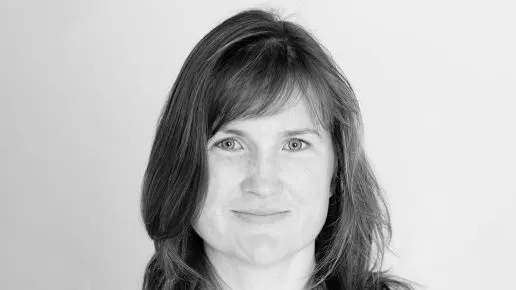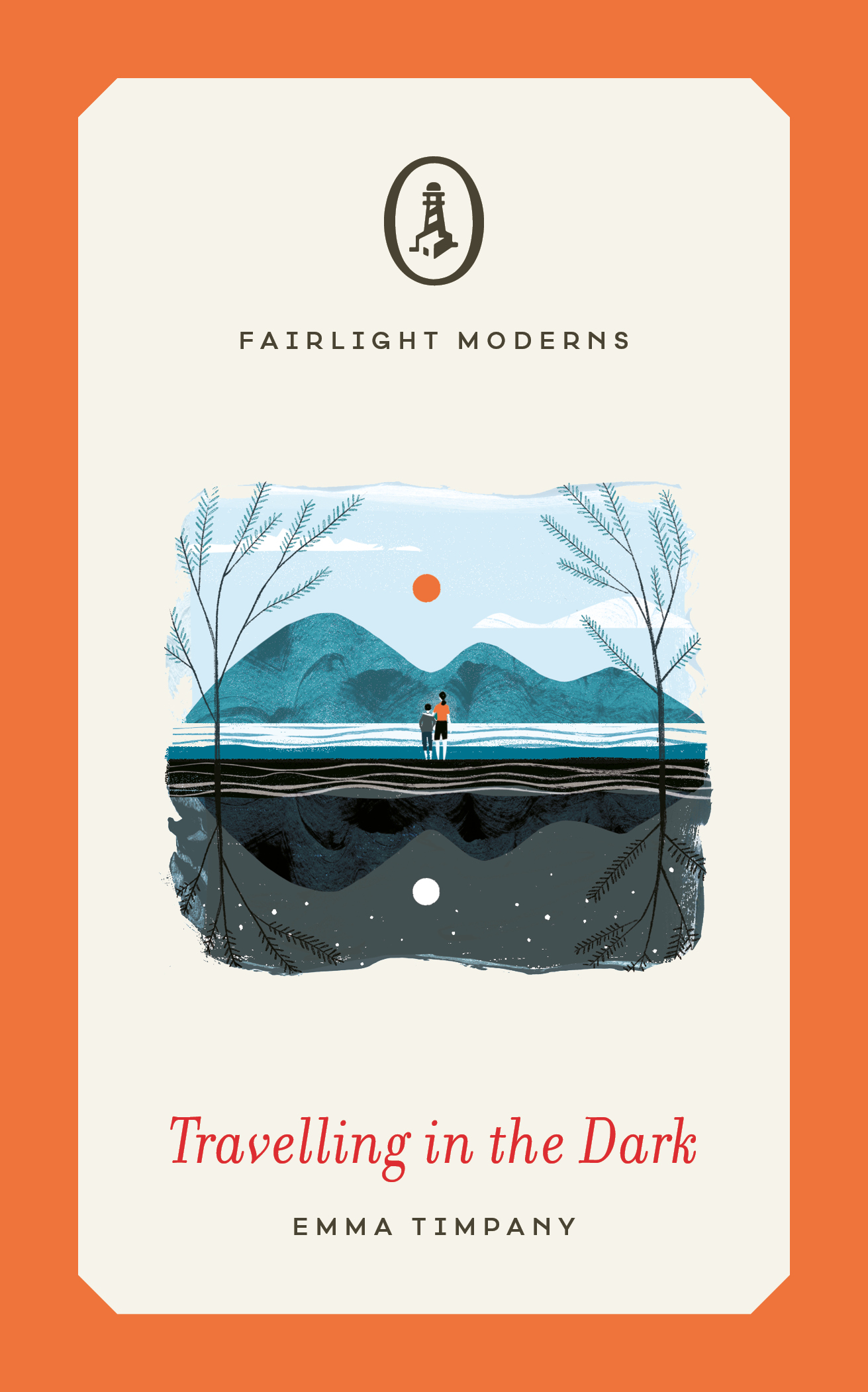Emma Timpany

Profile
Emma Timpany is the author of the Fairlight Moderns novella Travelling in the Dark, which won the Hall and Woodhouse DLF Writing Prize 2019.
Emma was born in Dunedin, New Zealand but moved to England in the 1990s, after receiving a BA degree in Anthropology from the University of Otago. Her 2015 short story collection The Lost of Syros was longlisted for the 2016 Edge Hill Prize. She is co-editor of the 2018 short story anthology Cornish Short Stories: A Collection of Contemporary Cornish Writing (The History Press). Her stories have won competitions including The Society of Authors’ Tom-Gallon Trust Award and have been published in literary journals in England, New Zealand and Australia. She is a member of the New Zealand Society of Authors Te Puni Kaituhi O Aotearoa (PEN NZ Inc). Emma is married and has two teenage daughters. She lives in Cornwall.
In 2021, Emma taught an online course, Exploring the World of Short Stories, for the Literature Works Quay Words programme celebrating Exeter as a UNESCO City Of Literature.
Below is a short Q&A with Emma:
How did you start writing?
I started writing a regular diary from the age of eleven. It was in those pages that I began experimenting with words. I mainly wrote poetry, as it was my first love, as well as bits of prose. I attended my first creative writing class, a summer school, while I was a student at the University of Otago. After graduating, I continued going to evening classes in London and Cornwall and eventually my first short story was published in 2010. So from the beginning to my first publication was a slow process which gradually unfolded over almost thirty years.
Did you always want to be a writer?
Yes, but for a long time I didn’t think that it was possible. There was so much I didn’t know and I had little time to put into it. When my children started school, I began to have regular time to write and joined a local writers’ group. All my life I’ve loved reading fiction, and I strongly feel it’s important for writers to be readers.
You have experience in editing other people’s work. Do you think this helps you in your own writing?
It’s something I’ve only started doing relatively recently, working as an editor on Cornish Short Stories: A Collection of Contemporary Cornish Writing. I enjoyed it a great deal because it’s very collaborative. The writers I’ve worked with are usually pleased to have close attention paid to their work and are happy to make changes they see as improvements. I know I feel exactly the same way when my own work is sympathetically edited.
The general editing notes I make are always suggestions – there’s no onus on the writer to accept them if they don’t want to – and alongside these I pick up on any typos or unintended errors.
It’s also helped me understand that my own writing heart lies in the creative act rather than in editing others’ work.

